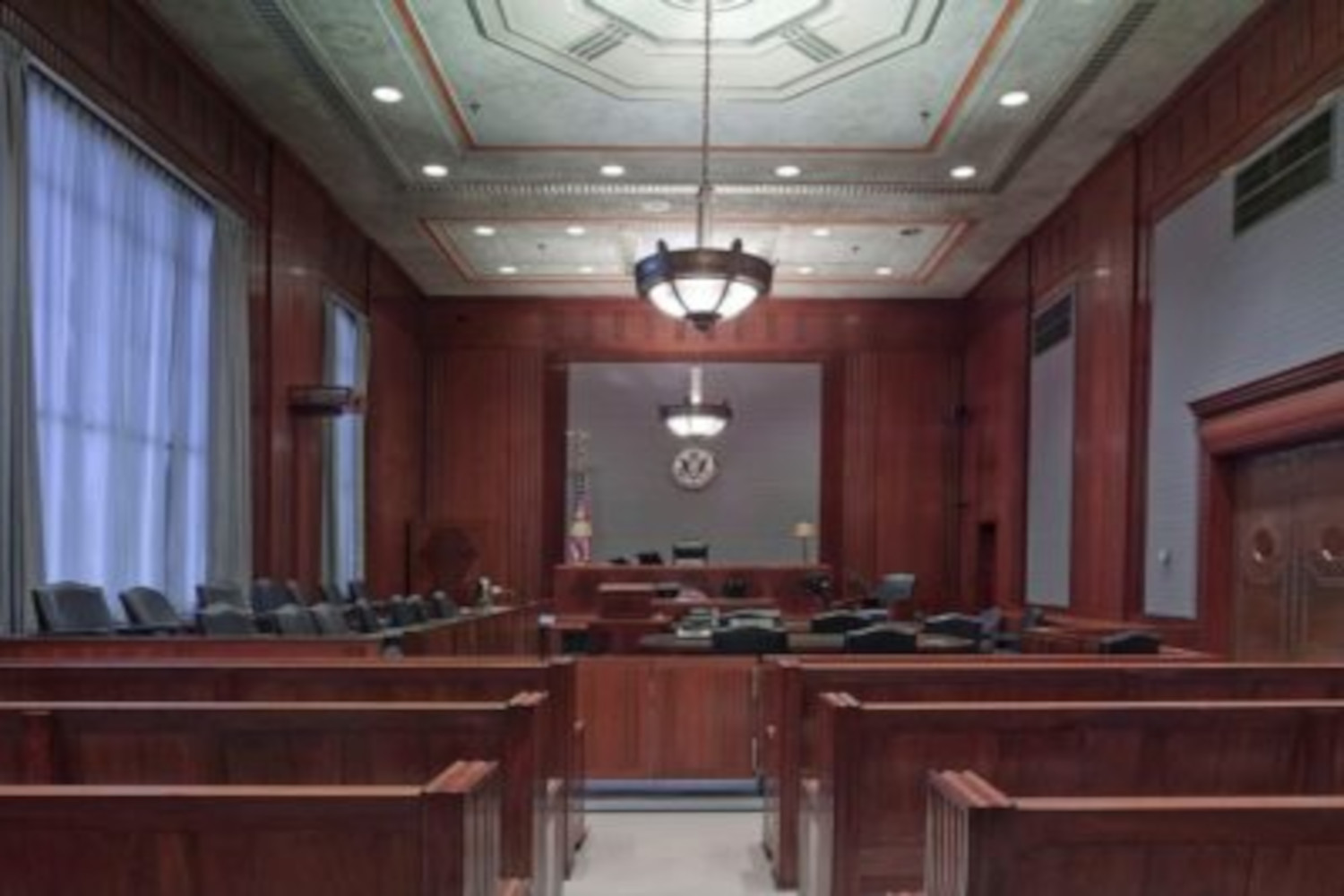While a case is being litigated, the Florida Rules of Civil Procedure provide that a party may take the deposition of any person. When deposing a corporate party on general issues, the business designates a corporate representative to speak for it. However, parties deposing corporations, in all variety of cases, will sometimes demand that the president, CEO, or another high-ranking official sit for deposition. These employees are commonly referred to as “apex employees.” Obviously, these high-ranking officers of the company will sometimes have information relevant to the case. However, sometimes a party will seek to depose an opposing party’s apex employee simply to inconvenience and/or harass him, or in order to gain a tactical advantage: the officer may have to disrupt a busy schedule, or may have to travel a great distance at a substantial cost. The deposing party may also try to somehow embarrass the officer, which could potentially damage the company.








